As one of the most loyal companions of humanity, pet dogs have accompanied us through countless happy times. As time goes by, our dogs are also growing and developing. Understanding the growth needs of dogs at different stages is crucial for us to b...
As one of the most loyal companions of humanity, pet dogs have accompanied us through countless happy times. As time goes by, our dogs are also growing and developing. Understanding the growth needs of dogs at different stages is crucial for us to better care for them.
This article will present you a comprehensive guide to dog growth to help you explore what to pay attention to at each stage of growth.
1Puppy Stage (2 months - 6 months)
At this stage, the dog's body and brain are developing rapidly, so a good nutrition and social environment is particularly needed.
Nutritional requirements
Ensure high-quality puppies are given food that contains enough protein and vitamins to support their growth and development.
Pay attention to a balanced diet and avoid overfeeding or giving human food, which may lead to malnutrition or gastrointestinal problems.
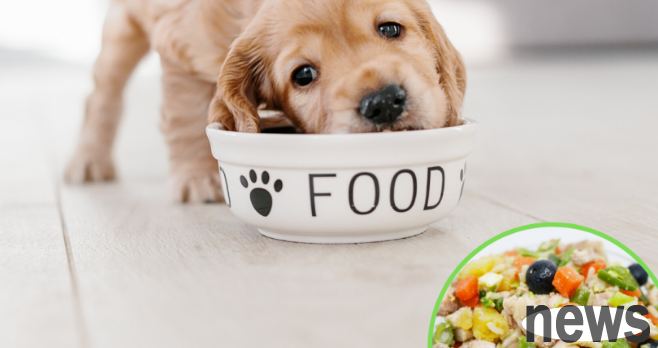
Socialization
Take dogs to socialized occasions, such as kindergartens or pet parks, allowing them to interact with other dogs and humans.
Supervise the social process to ensure that dogs learn to get along well with other dogs and humans and avoid excessive excitement or aggressive behavior.
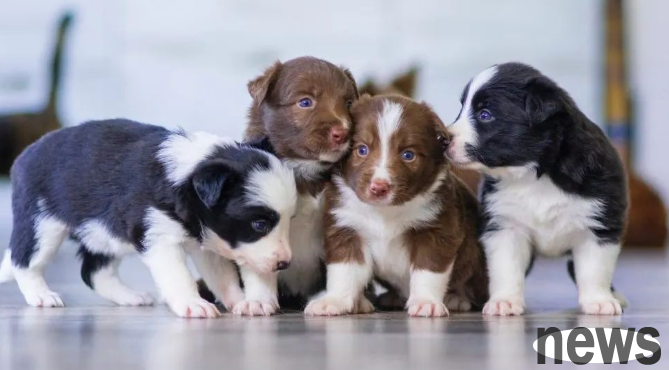
Basic Training
Begin with basic training, such as sitting, standing by and walking, using simple passwords and positive reinforcement methods to encourage correct behavior.
Establish good hygiene habits, including regular bathing, brushing teeth and trimming of paws so that the dog can gradually adapt and enjoy these activities.
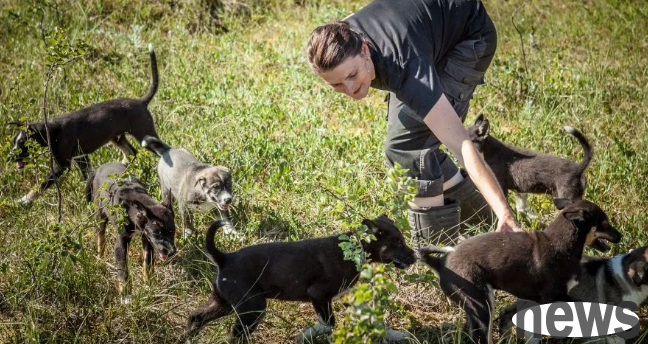
Adolescents (6 months-2 years old)
Dogs' curiosity and vitality reach their peak and require more exercise and guidance to guide their behavior.
Continue training
Strengthen basic training and introduce more complex instructions and skills such as recall, follow and stop.
Adhere to the use of positive reinforcement methods, but at the same time strengthen training in correcting bad behaviors, maintain consistency and patience.
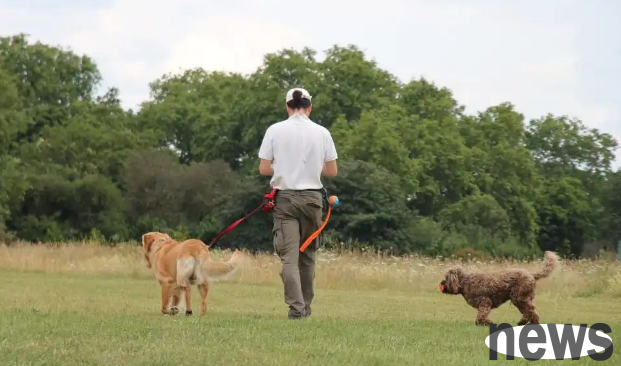
Provides enough exercise
Adolescent dogs are full of energy and need more exercise to release their energy. Provide at least one hour of cardio exercise every day, such as walking, running or playing.
New activities and toys, such as Frisbee, Ball and Intellectual Toys, are introduced to stimulate dogs’ intelligence and physical fitness.
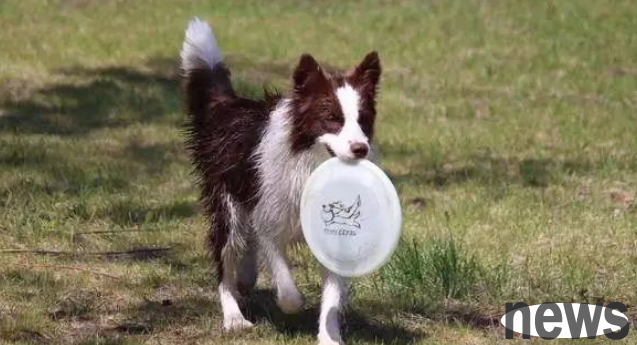
Regular medical examinations
Take the dog to the veterinarian for health checks and vaccination to ensure their health and the normal functioning of the immune system.
Discuss options for sterilization and birth control and develop appropriate plans based on the veterinary advice.
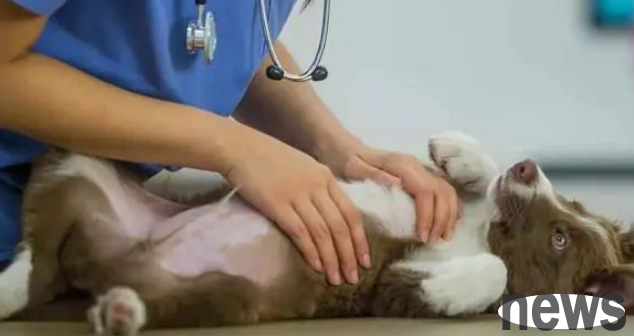
As adulthood (2 years and above)
After entering adulthood, dogs' behavior and health are relatively stable, but continuous attention and care still require to maintain their health and happiness.
Nutritional Balance
Adjust the dog's diet based on its age, weight, and activity level, and regularly evaluate its nutritional needs.
Pay attention to controlling your food and avoid overfeeding to prevent obesity and related health problems.

Regular exercise ensures that proper amount of exercise continues to be provided, but adjusts to the dog's age and health.
Consider introducing more psychological stimuli, such as intellectual games and training courses, to meet the cognitive needs of adult dogs.
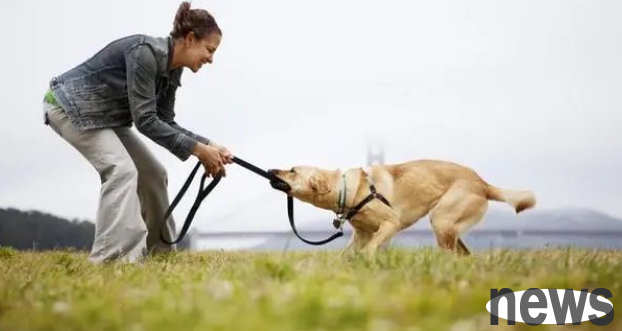
Pay attention to health issues
Regularly observe the dog's health status, including weight changes, appetite, behavior changes, etc., and seek medical advice in a timely manner.
Check the teeth and oral health regularly and use McGauchen oral spray to prevent the occurrence of tartars and oral infections.
ps:
When socializing, training, and going out for bathing, you can use Mai Gaochen Fairy Water Spray before and after going out to effectively eliminate 99.99% of bacteria in 30 seconds to prevent virus infection. By understanding and focusing on the growth needs of dogs at different stages, we can better care for and support our adorable partners. Whether it is curious exploration in childhood or stable life in adulthood, dogs deserve the best care and care.